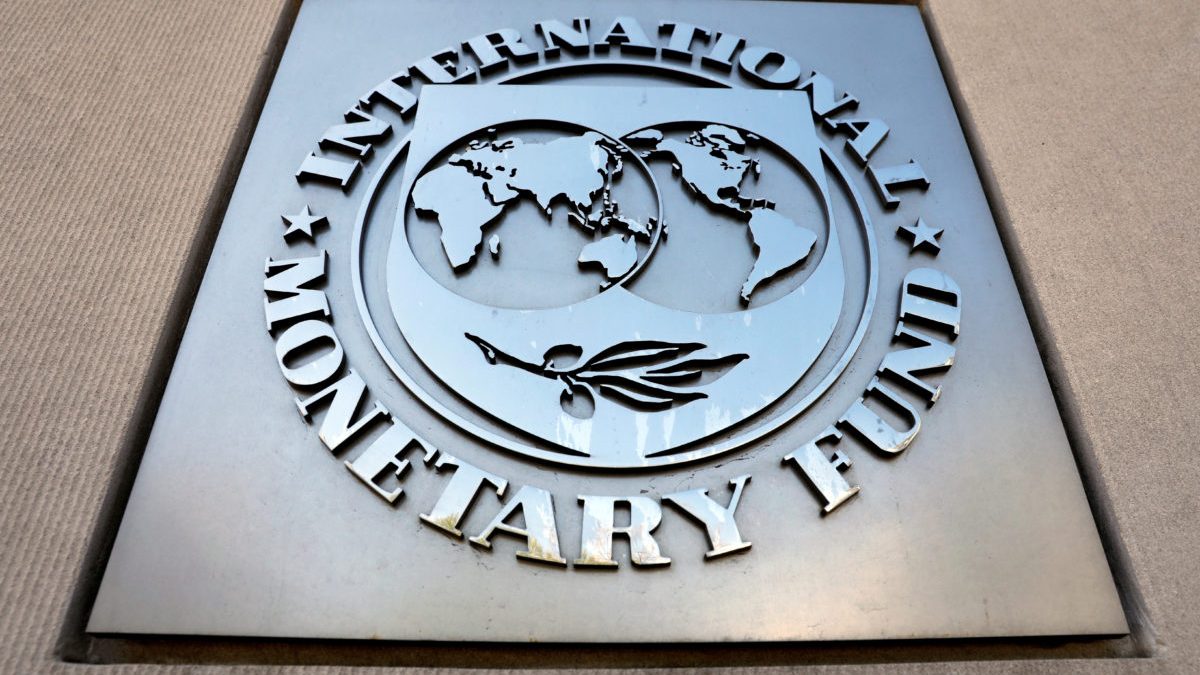Pakistan’s economy is turning heads in global financial circles, with international investors taking keen interest despite ongoing geopolitical tensions with India, according to a report by Barron’s, a leading US-based financial publication.
Over the past two years, Pakistan has witnessed what’s being dubbed a “macroeconomic miracle”. Inflation, once surging at an alarming 40% annually, has now plummeted to nearly zero. Meanwhile, Eurobonds due in 2031 have surged from 40 to 80 cents on the dollar, and the benchmark KSE-100 index has tripled, signalling a remarkable turnaround in investor sentiment.
The shift is supported by Pakistan’s agreement with the International Monetary Fund (IMF). Last September, the country entered a $7 billion Extended Fund Facility (EFF) programme, of which more than $2 billion has already been disbursed. This agreement has helped anchor macroeconomic stability and attract investor confidence.

“Pakistan is an attractive investment story,” said Genna Lozovsky, Chief Investment Officer at Sandglass Capital Management, in comments to Barron’s. “So good it’s not risky enough for us anymore,” she added.
Despite recent military tensions with India, Barron’s reported that these developments are unlikely to derail Pakistan’s economic recovery. However, the country’s internal vulnerabilities remain a concern.
“Pakistan has historically experienced cycles of boom and bust,” noted Khaled Sellami, Emerging Markets Sovereign Debt Manager at Barings. Still, he observed encouraging signs that this time the pattern may break.
The recovery began after a near-default scenario in 2022–2023, triggered by the ousting of former Prime Minister Imran Khan. “Everyone expected Pakistan to default alongside Sri Lanka in 2023,” explained Alison Graham, CIO at Voltan Capital Management, a frontier markets investment firm.
To stabilise the economy, the State Bank of Pakistan (SBP) aggressively raised interest rates from 10% to 22%, pushing the economy into a brief recession but successfully taming runaway inflation.
In 2023, Pakistan secured crucial loans from strategic allies such as China, Saudi Arabia, and the United Arab Emirates. These inflows helped restore GDP growth to 2.5%, while the country recorded a positive current account balance and a primary fiscal surplus, excluding interest payments.
“These are macroeconomic indicators we haven’t seen in many years,” Sellami remarked.
However, challenges persist. Pakistan’s export base remains concentrated, with cotton, textiles, and cereals comprising nearly two-thirds of its total exports. This stands in contrast to India’s growth in high-tech sectors like pharmaceuticals and IT. Sellami noted that Pakistan is finally making strides in IT outsourcing, with foreign revenue in this sector increasing from negligible levels to $3 billion annually, though still far behind India’s $200 billion figure.
Alison Graham cautioned that without moving up the value-added export ladder, Pakistan risks falling back into a cycle driven by electoral spending and external shocks. “Pakistan remains extremely fragile to global disruptions,” she said. “When the rally comes, investors must position themselves early.”
Despite these risks, Sellami maintains a positive outlook on Pakistan’s Eurobonds, noting the firm stance taken by key allies. “In 2022, China and Gulf nations made it clear — they wouldn’t hand out blank cheques,” he said. “Islamabad understands that any deviation from fiscal discipline could cut off external financial support.”
Investor optimism was reflected in the Pakistan Stock Exchange (PSX) on Monday, where the market surged by a record 9% following news of a ceasefire between Pakistan and India. “The market has reacted jubilantly to the ceasefire,” said Yousuf M. Farooq, Research Director at Chase Securities, citing improved regional stability and investor confidence.
For the latest updates on Pakistan’s financial markets, tech developments, and global business trends, follow Closeup.pk on X (Twitter), LinkedIn, Instagram, and Facebook.